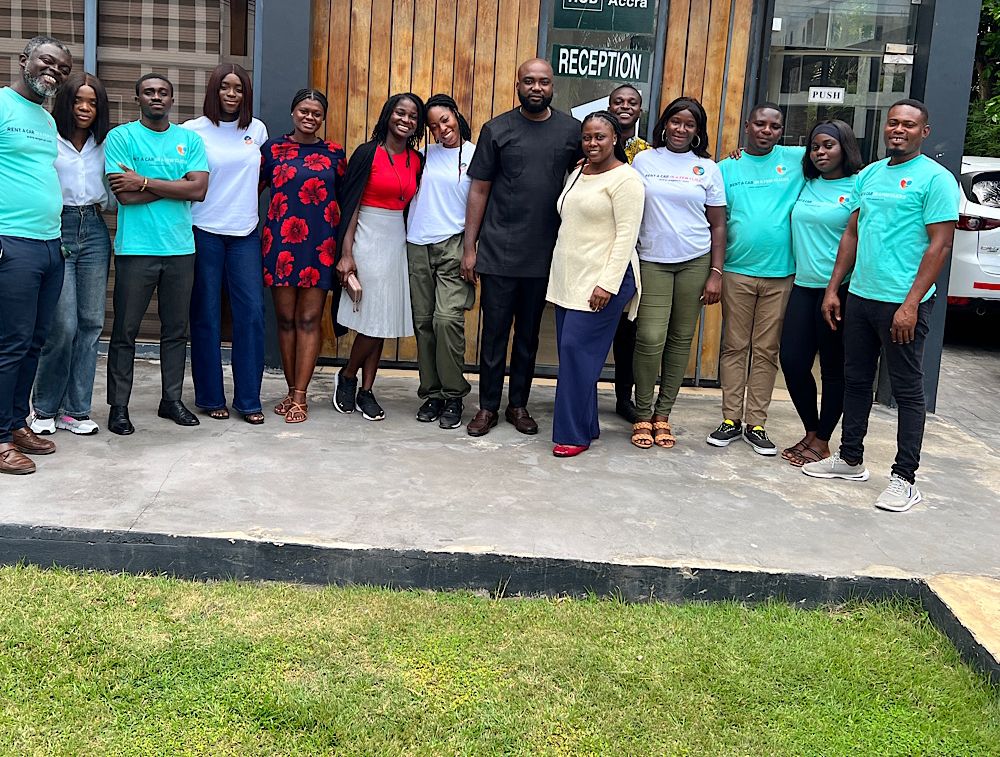When most of us hear “wealth,” we think of big houses, luxury cars, or investments with complicated names. But in truth, wealth is much simpler. It’s about steady choices made over time.
Recently, Paa Kofi Ankomah, General Manager at Axis Pension Trust, walked us through what he calls a roadmap for the Ghanaian worker. His insights showed that financial freedom is not reserved for the few butit’s possible for anyone who takes small but consistent steps.
Step 1: Avoid the common traps
- Most of us fall into the same pitfalls:
- Spending more as soon as our income rises (lifestyle inflation).
- Postponing investments until “we earn more.”
- Skipping a budget because it feels restrictive.
- Relying on debt as a solution.
The truth? These habits quietly delay our financial growth.
Step 2: Understand the simple formula
Wealth isn’t built overnight, but there’s a simple formula that works anywhere:
Income – Expenses = Savings.
Savings × Time × Returns = Wealth.
In other words, what you keep and grow matters more than what you earn.
Step 3: Give your money a structure (The 50/30/20 rule)
Knowing the formula is one thing, but how do you apply it in daily life? A simple approach is the 50/30/20 rule:
- 50% for needs (rent, food, transport, utilities)
- 30% for wants (entertainment, clothes, travel)
- 20% for wealth creation (savings, pensions, investments)
It’s a realistic way to enjoy today while preparing for tomorrow.
Step 4: Respect time
Imagine setting aside just GHS 100 each month. Over time, thanks to compound growth, that amount could grow into hundreds of thousands of cedis. The earlier you start, the more time works in your favor.
Step 5: Know the three phases
We all pass through three broad stages in our financial lives:
- Foundation (20s–30s): learn, earn, and start saving.
- Acceleration (30s–50s): invest more seriously and grow assets.
- Preservation (50s–retirement): protect what you’ve built and plan your legacy.
Step 6: Build safety nets
Life is unpredictable. That’s why emergency funds and contingency funds matter. They act as shock absorbers for unexpected expenses so your investments stay untouched when the storms come.
Step 7: Think beyond active income
Your salary isn’t the only way to earn. Passive income, investments, and even creative pursuits can add extra streams. Wealth grows faster when money works for you, not just when you work for money.
Final thoughts
As Warren Buffett put it: “Do not save what is left after spending, but spend what is left after saving.” Wealth creation isn’t about luck. It’s about discipline, patience, and starting early, whether that means setting aside a few cedis each month, opening a pension account, or simply saying no to unnecessary debt. The best time to begin was yesterday. The next best time is today.




